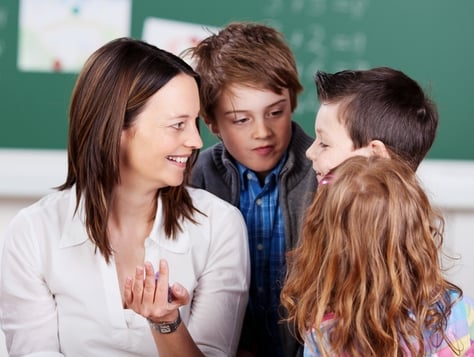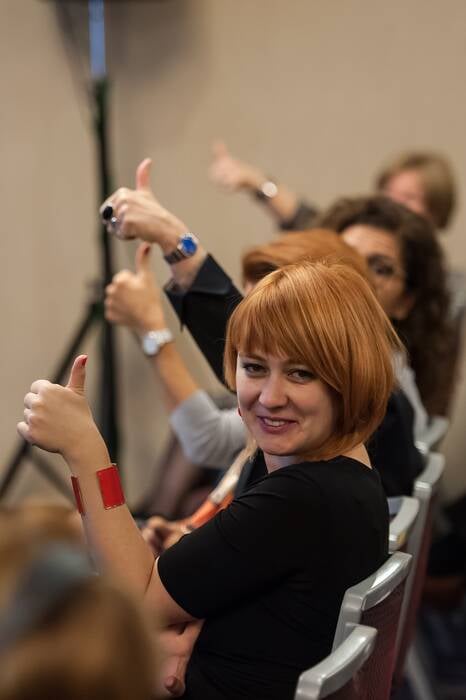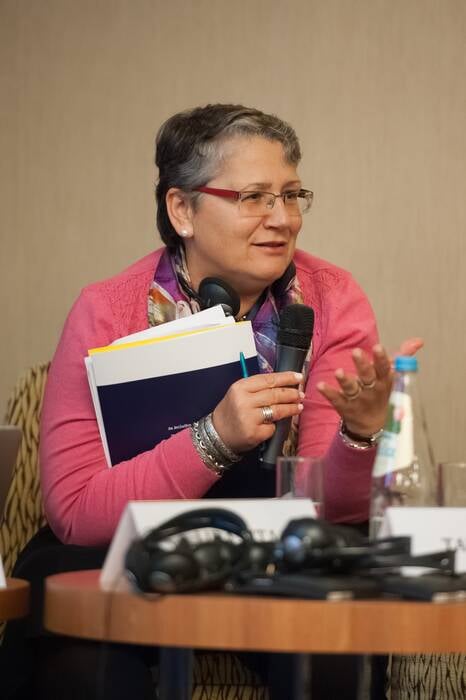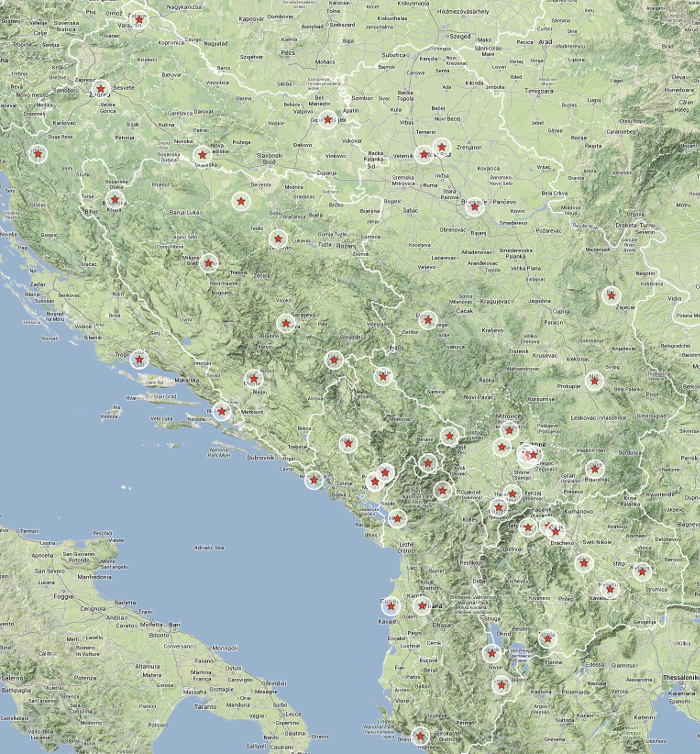Nexhmedin Rexhepi (NR) is a maths teacher at the Daut Bogujevci primary school in Kosovo*.
He spoke to journalist David Addis (DA) at the end of the Skopje meeting about his experiences of inclusive education.
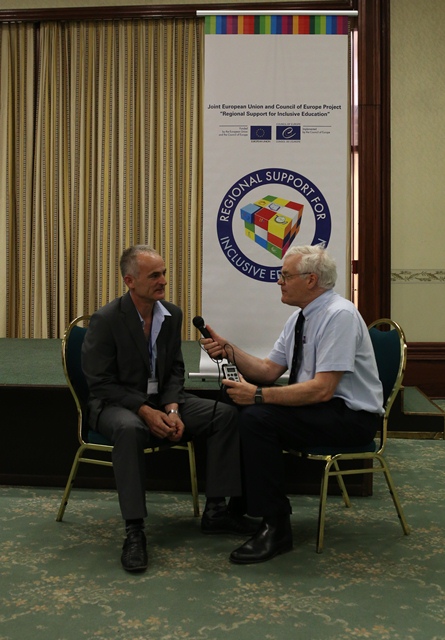 I have worked as a math teacher for more than 20 years. I have not been directly involved with inclusive education, just in normal education. However in every class we have children with special needs, including those medically recognised as such and others those who are “hidden” and who are not officially recognised.
I have worked as a math teacher for more than 20 years. I have not been directly involved with inclusive education, just in normal education. However in every class we have children with special needs, including those medically recognised as such and others those who are “hidden” and who are not officially recognised.
Last school year I had a girl with physical and mental difficulties in the 9th grade and she also used a wheel chair. I don’t mind telling you that teaching in that class became emotional for me. It was like this: There was this math problem and I asked the girl to solve it. I pushed her to the blackboard in her wheel chair and I said: “Don’t worry, I am used to doing this because my own mother has been in a wheel chair for 13 years.”
We are ‘friends’ on Facebook and she wrote to me on Facebook saying “Teacher, the day that you asked me to come in front of the class, I was thankful that my teacher actually understands the situation I am in.”
I also saw that a lot of the time she was unhappy. Then I remembered that I had a video in my house about the opening of the Seoul Olympic Games which involved two handicapped kids: one girl without arms and a boy without legs. The ballet piece that they performed was unimaginably beautiful. I showed the video to all the class because I thought it would give her courage. It would make her feel that she was worth something, that nothing is unreachable and that are many things she can do.
That day, my entire maths class was only about that video. Some of the pupils were crying as well because they were reminded about people in their family who were in the same situation. Frankly showing them that video was worth more than having them solve 100 maths problems.
DA: You are an experienced teacher, with 20 years of experience, what is the value of coming to a meeting like the one in Skopje to talk about inclusive education?
NR: I felt really special being part of this meeting, because we had presenters from countries at the very top of the education system, such as Finland. I learned how to be really inclusive in the classroom, how to transfer this to my own classroom.
NR: The message is more than clear: we should continue to work for all children without discriminating against them. We heard good examples of countries which are much more developed and are ranking high in education. This is good evidence that we have no other choice, no other way of doing our job.
In particular I was struck by a message from the opening speech of Ms. Raisa: “I am trying to train teachers, so that I can trust them with my children.” This is very significant message because if someone trusts you with their own children, it is a great responsibility.








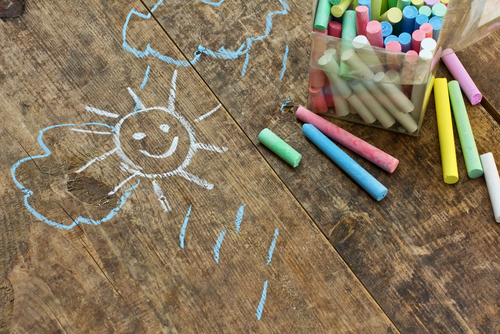 In doing so, it will challenge many assumptions about school improvement and educational reform. It is about ‘school improvement with attitude'. Hence, school improvement becomes far more than merely a technical process of raising the capacity of schools to generate particular measurable outcomes. It involves dialogues about ethical principles and how these can be related to curricula, approaches to teaching and learning, and the building of relationships within and beyond schools.
In doing so, it will challenge many assumptions about school improvement and educational reform. It is about ‘school improvement with attitude'. Hence, school improvement becomes far more than merely a technical process of raising the capacity of schools to generate particular measurable outcomes. It involves dialogues about ethical principles and how these can be related to curricula, approaches to teaching and learning, and the building of relationships within and beyond schools. 